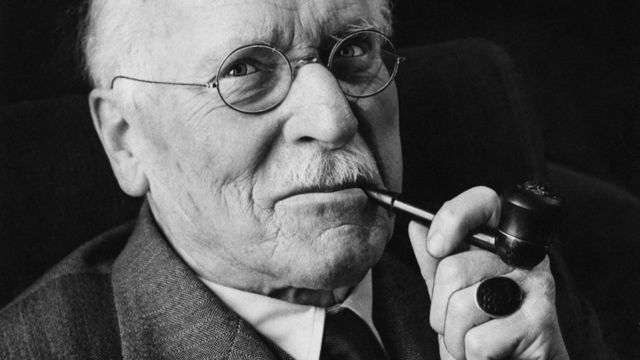Sublime
An inspiration engine for ideas
Taken together, Jung’s ideas about happiness and his five pillars of well-being stand up solidly to modern research findings. I propose this practical seven-point summary:
... See more1. Do not fall prey to seeking pure happiness. Instead, seek lifelong progress toward happierness.
2. Manage as best you can the main sources of misery in your life by attending to
For instance, Wolf, the doyenne of the field, proposes the theory that ‘meaningfulness consists in active engagement in projects or activities of worth’. She recognises the threat of nihilism and accepts that her theory ‘would be utterly destroyed if it turned out there were no such things as projects or activities of worth at all’. Her response is
... See morePranay Sanklecha ��• I left academia in the summer of 2022. Since then, I do philosophy in the world

The philosopher Jiddu Krishnamurti puts it this way: “It is no measure of health to be well-adjusted to a profoundly sick society.” Perhaps it can also be said that it’s a sign of health (or not a sign of illness) to be maladjusted to a profoundly sick society?
Jonathan Carson • A Call to Rebellion: A New Story About Depression
his guidelines are more like a fundamental code of everyday living: - know your long-range purposes - work in the service of some cause that you can respect - attempt to live and work in an environment in line with your own innate values - develop a philosophy of gratitude - reduce procrastination – it can be dangerous - use muscular activity to al
... See moreGregg Krech • The Art of Taking Action: Lessons from Japanese Psychology

Carl Jung on How to Live and the Origin of “Do the Next Right Thing” – The Marginalian
Maria Popovathemarginalian.org
André Chaperon
andrechaperon.com